Hair loss is a common concern affecting people of all genders and ages. Many have turned to hair transplant as a ray of hope. However, a frequently asked question is whether hair transplant results are permanent or just temporary. This concern is completely understandable, especially considering the cost of hair transplant procedures. The following article will help you find the answer. Join Hair Transplant Experience to explore!
Is hair transplant permanent?
The answer to “Is hair transplant permanent?” is yes. Hair transplant can deliver permanent results in many cases.
Basically, hair transplant involves transferring healthy hair follicles from donor areas (usually the back or sides of the head, where hair is less affected by hereditary hair loss) to bald or thinning areas. These transplanted follicles retain their genetic resistance to hair loss, meaning they will continue to grow normally in their new location.
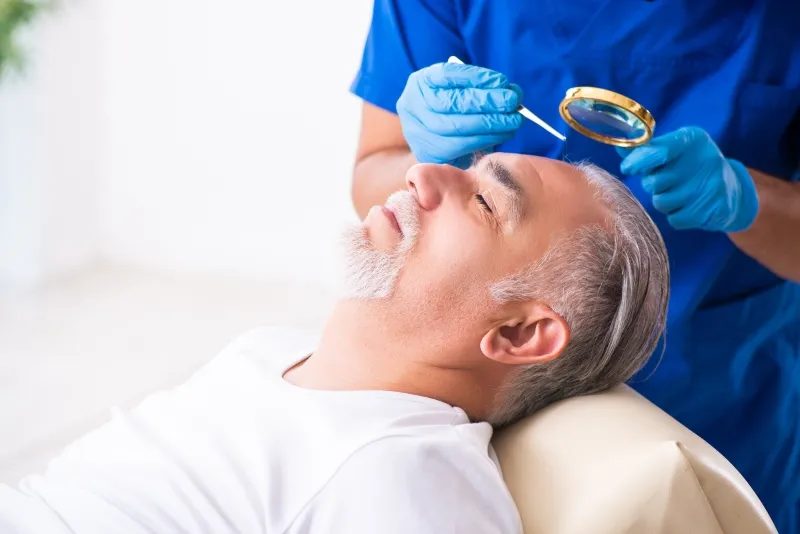
Factors affecting the permanence of a hair transplant
While the answer to “How long does a hair transplant last?” can often be “permanent,” it’s important to understand that “permanent” doesn’t mean you will have a thick, flawless head of hair for life without any care or maintenance. The effectiveness and longevity of hair transplant results depend on several factors, such as:
Effects of stimulants and medications
To ensure long-lasting results, avoiding stimulants is crucial. Smoking, coffee, and caffeinated beverages can negatively affect the wound healing process after transplantation, slow down scalp recovery, and hinder the healthy growth of newly transplanted hair follicles.
Additionally, certain medications such as antidepressants, blood thinners, or even multivitamins can cause complications or impact the compatibility of the grafts.

Individual physical factors
Your body’s condition and genetics play a decisive role in the success and permanence of a hair transplant. If your hair loss is caused by genetic factors, long-term hair thinning, or conditions where hair follicles are completely damaged, the effectiveness and durability of a transplant may be limited. In such cases, transplanted hair might not grow as expected.
Especially in areas of the scalp that have been severely damaged by scars or previous surgeries, the compatibility of transplanted follicles may be compromised, resulting in poor attachment, lack of permanent growth, or eventual hair loss.
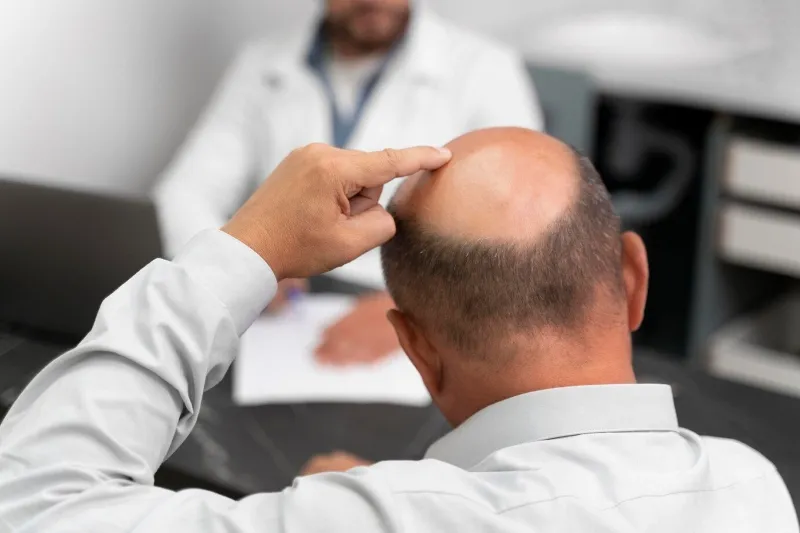
Post-transplant care
Aftercare is a key factor determining how permanent your new hair will be. Strictly following your doctor’s instructions regarding hygiene and daily activities is essential. You must keep the transplanted area clean, avoid washing your hair immediately after surgery, and refrain from touching or bumping the new grafts to prevent dislodging them.
Any negligence during this phase can directly impact the “survival rate” of the hair follicles. Proper aftercare will help the grafts heal quickly, attach firmly to the scalp, and start growing naturally, resulting in thick, long-lasting hair, potentially permanent.
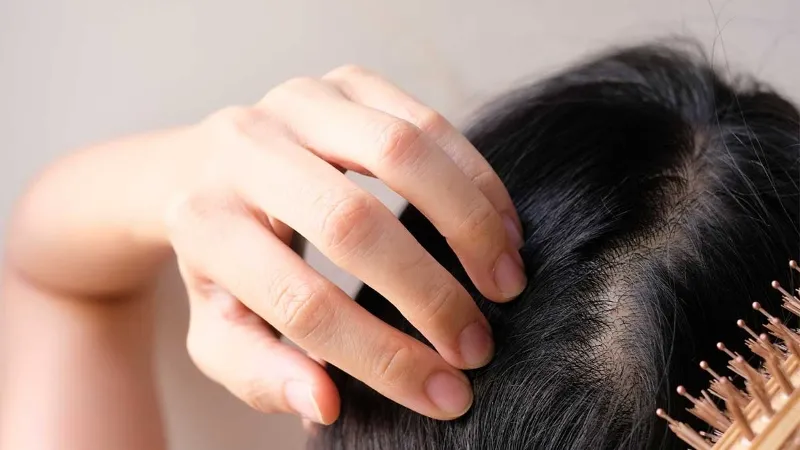
Surgeon’s expertise
The skills and experience of the surgeon are critical and directly affect the effectiveness and permanence of a hair transplant. A highly qualified surgeon will ensure precision in every step, from extracting the grafts to implanting them, thus maximizing the survival rate of each follicle.
Therefore, choosing a reputable hair transplant clinic licensed by the Ministry of Health will give you confidence in a standardized medical procedure. This not only helps your transplanted hair grow quickly and strongly but also minimizes hair transplant risks such as follicle necrosis, infections, or unnatural results.
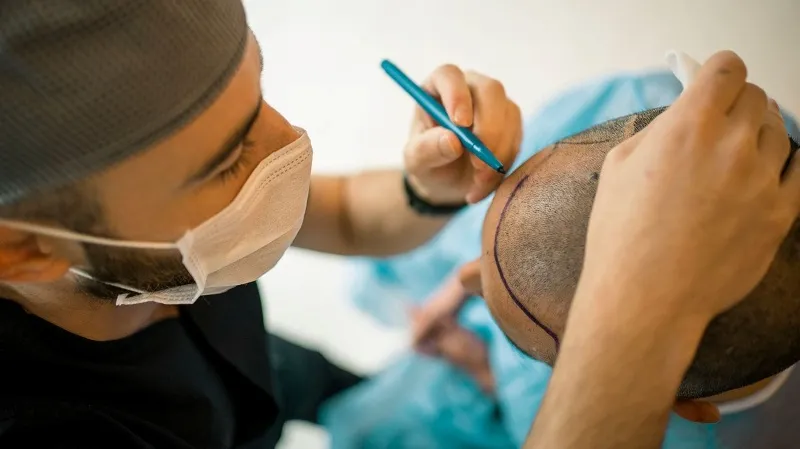
What about further hair loss?
If you notice that your hair continues to shed after a transplant, don’t panic. It’s important to understand the reasons to address them properly.
- Temporary shedding after 2 to 8 weeks: This is completely normal and is known as “shock loss.” It’s the body’s natural response as the newly transplanted follicles enter a resting phase before starting a new growth cycle. New hair will usually begin to grow after 3 to 6 months and stabilize within 9 to 12 months.
- Ongoing shedding of native hair: Alongside the transplanted follicles, your natural hair may continue to fall due to factors such as genetics, hormonal changes, or other causes.
In this case, be patient and strictly follow your doctor’s instructions regarding oral or topical medications, which help nourish the follicles and slow down hair loss. Use mild shampoos, avoid harsh chemicals, limit heat styling, and brush hair gently.
Besides that, maintain a healthy lifestyle: get enough rest and sleep, manage stress, and eat a balanced diet rich in vitamins, minerals, and protein. Particularly, avoid stimulants like alcohol, cigarettes, caffeine, and spicy foods.
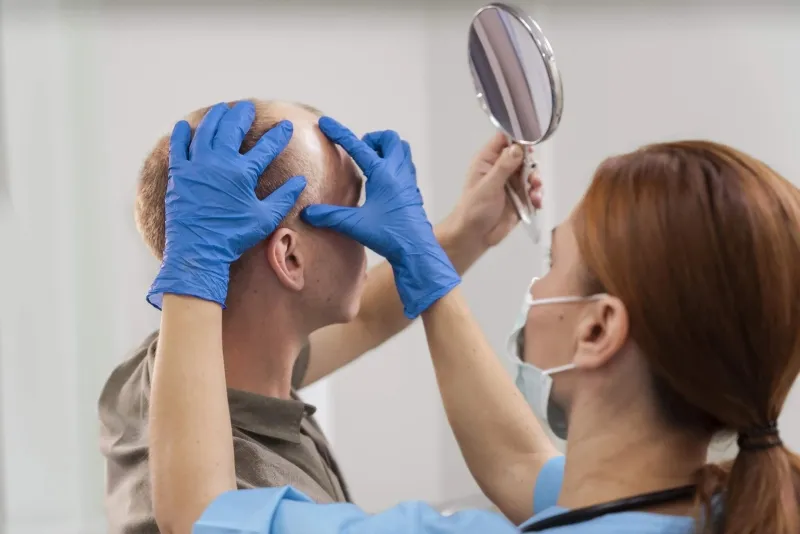
Tips to make autologous hair transplant effective forever
To ensure the permanent effectiveness of your hair transplant, you must pay attention to the pre-operative, operative, and especially post-operative care. This is not just a medical procedure but a long-term care journey. Here are some important reminders!
Before the procedure
- Choose a reputable clinic: Research thoroughly and select a hair transplant center with proper licensing and Ministry of Health approval.
- Select an experienced doctor: Choose a surgeon with extensive expertise to ensure accurate assessment and appropriate procedure.
- Ensure good health: Avoid the procedure if you have uncontrolled conditions like diabetes, hypertension, or blood disorders that can affect healing.
- Stop using stimulants: Avoid alcohol, cigarettes, and coffee for at least a few weeks before the surgery.
- Inform your doctor about all medications: Provide a full list of any medications, supplements, or vitamins you are taking to receive appropriate advice.
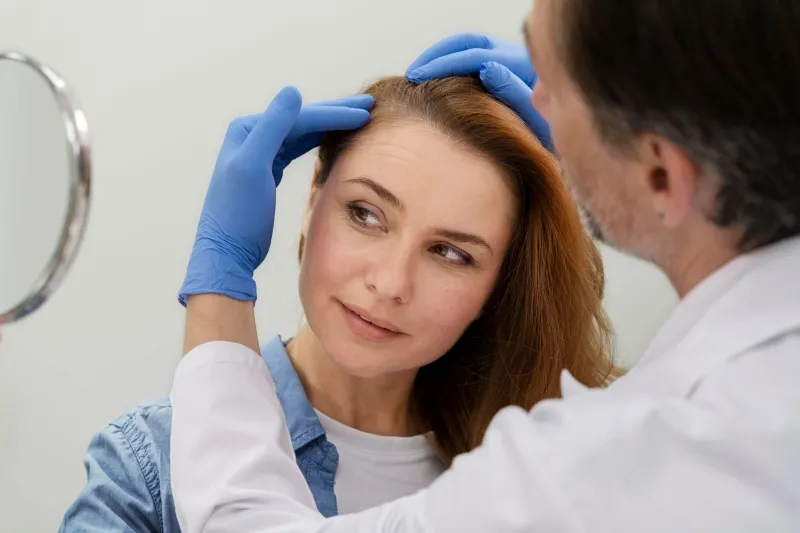
After the procedure
- Follow all doctor’s instructions carefully: This includes hygiene, shampooing, medication use, and prescribed hair care products.
- Protect the transplanted area: Avoid direct impact, sleep in the correct position, and shield your scalp from sunlight.
- Maintain a healthy diet and lifestyle: Stay hydrated, eat a nutritious diet, and limit spicy or greasy foods.
- Attend follow-up appointments: Regular check-ups allow your doctor to monitor healing and hair growth, giving timely recommendations.
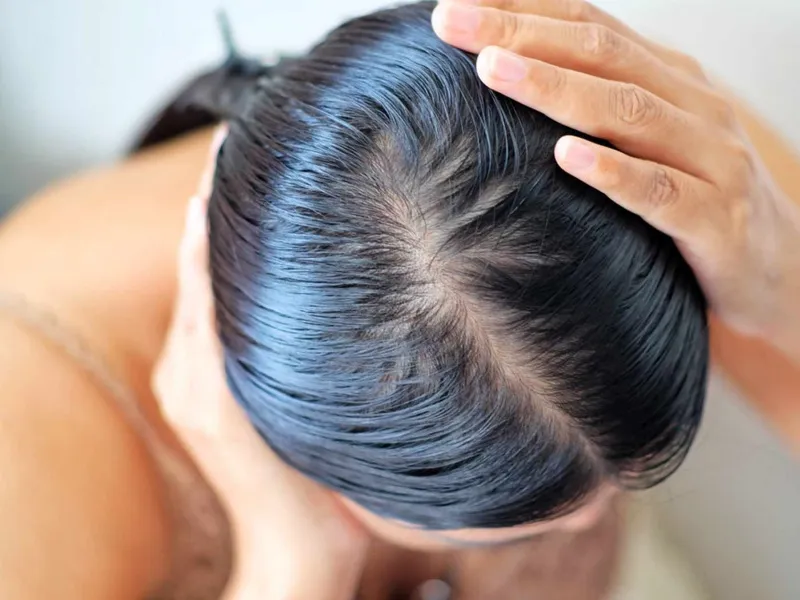
Hopefully, this article by Aesthetics Surgery Center has answered your question: “Is hair transplant permanent?” Hair transplant can be permanent if combined with proper care and nutrition. Take the time to research thoroughly and make the right decision to regain your confidence with the healthy, natural hair you desire!
>>> See more: Is a hair transplant worth it?




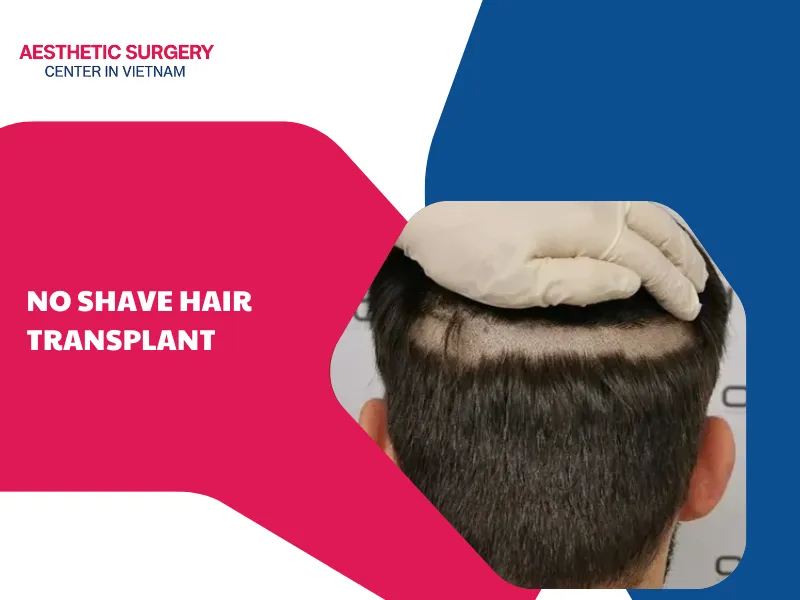
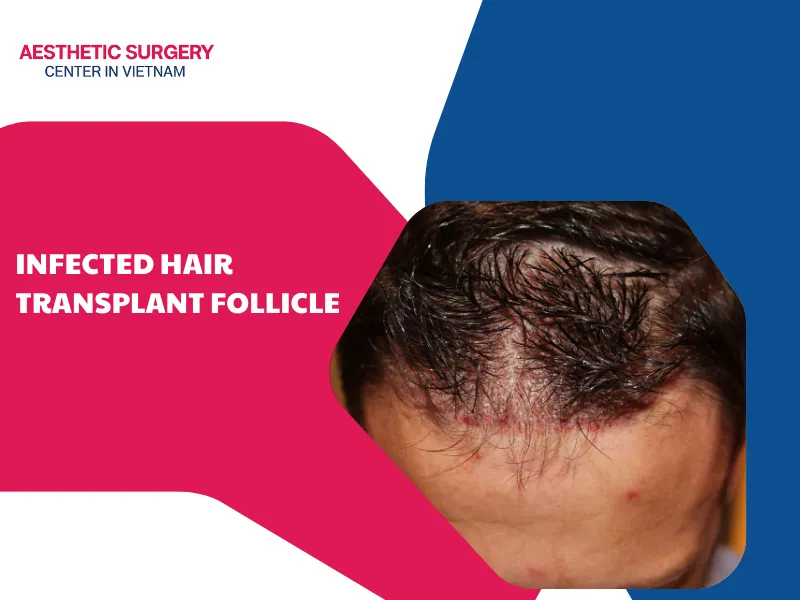
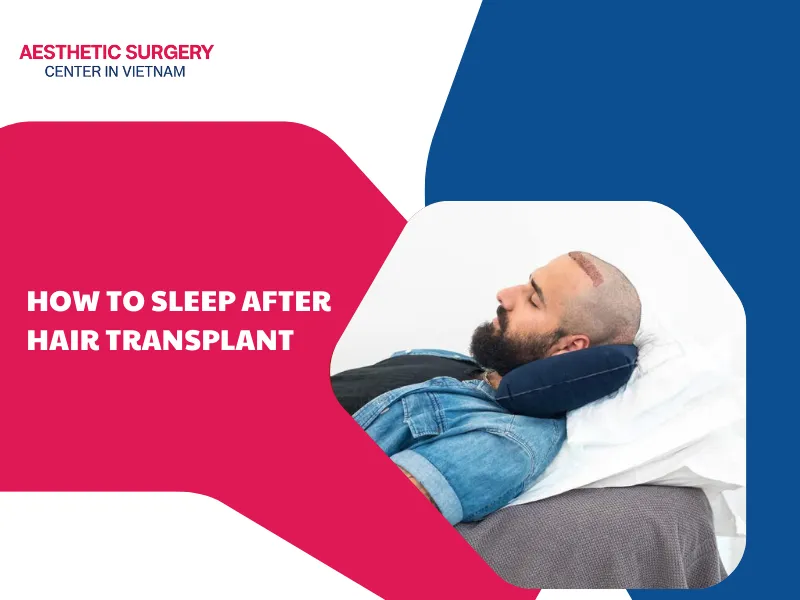
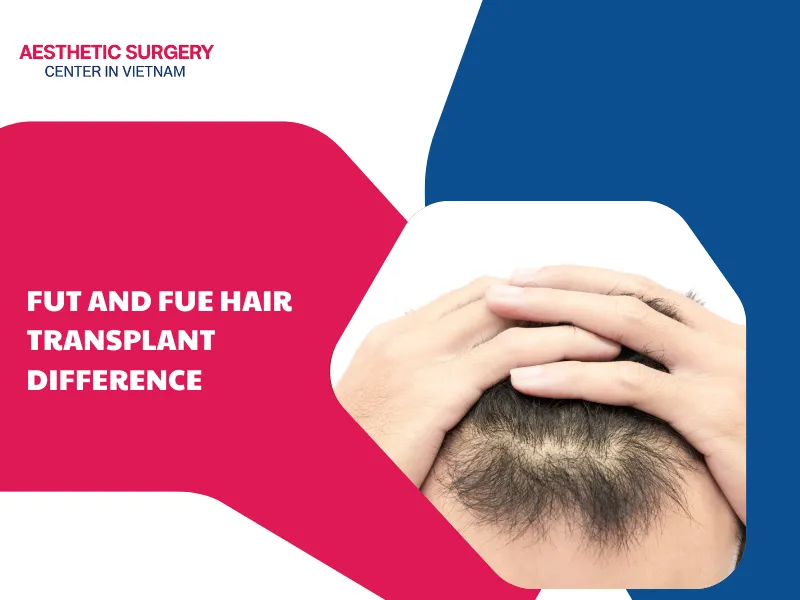
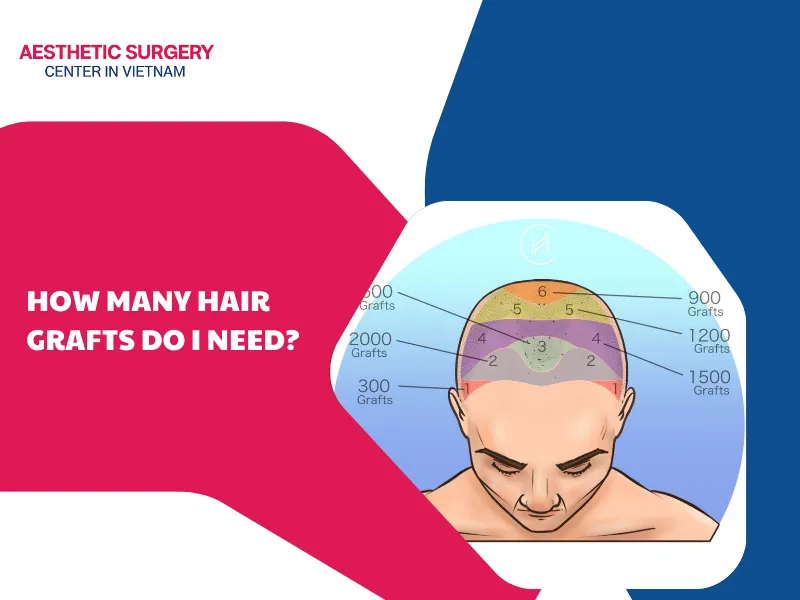











Comment on the post